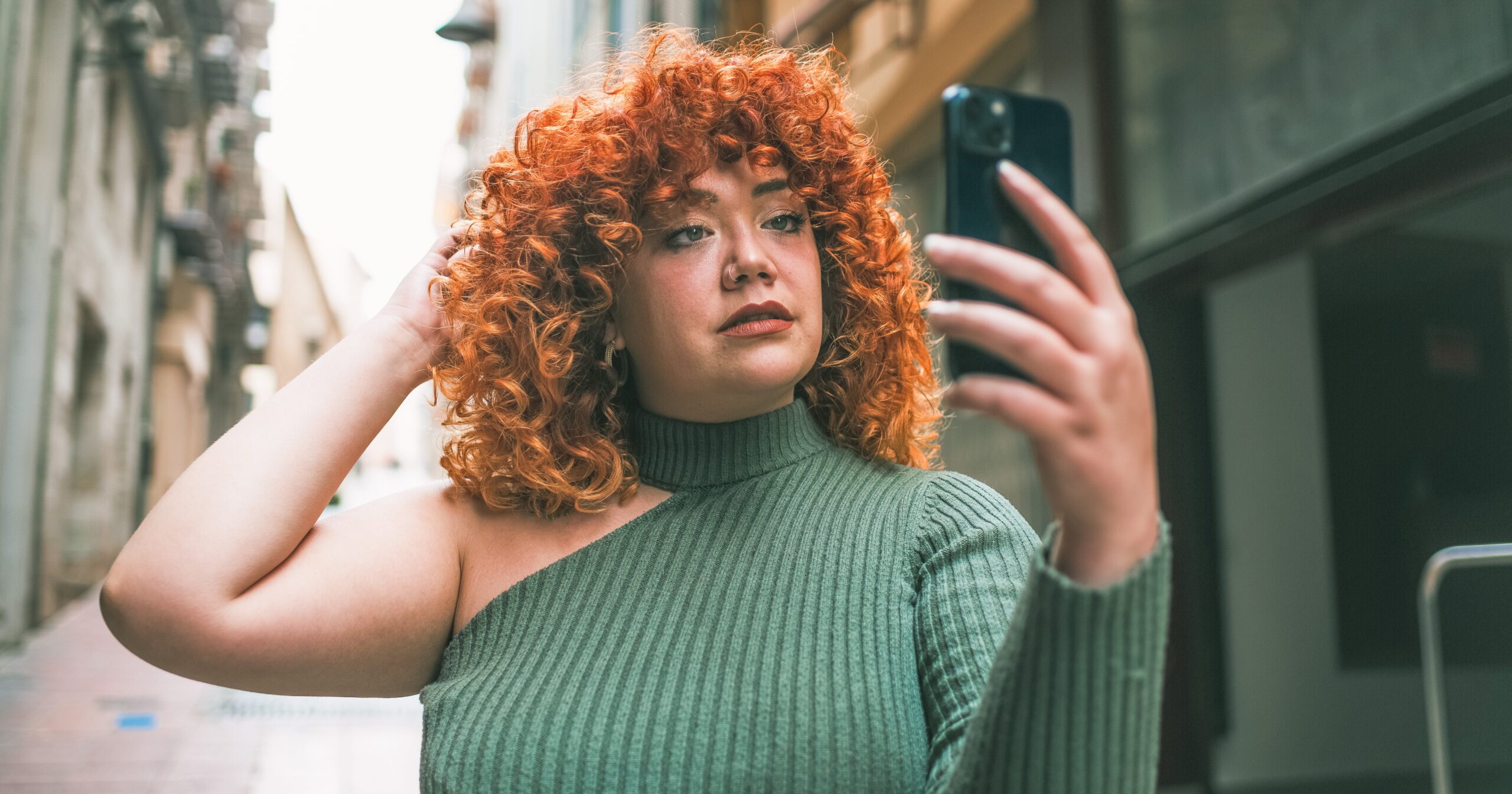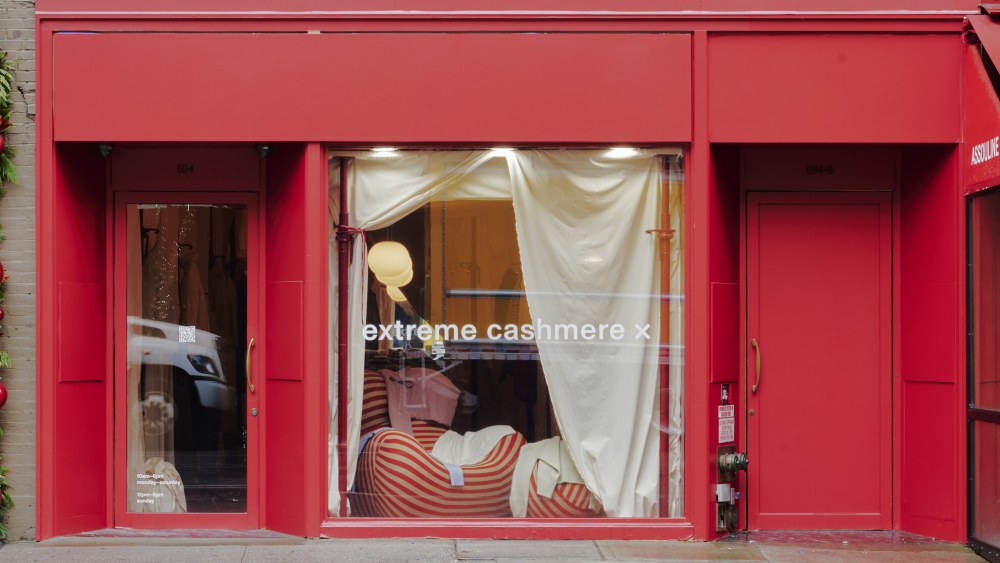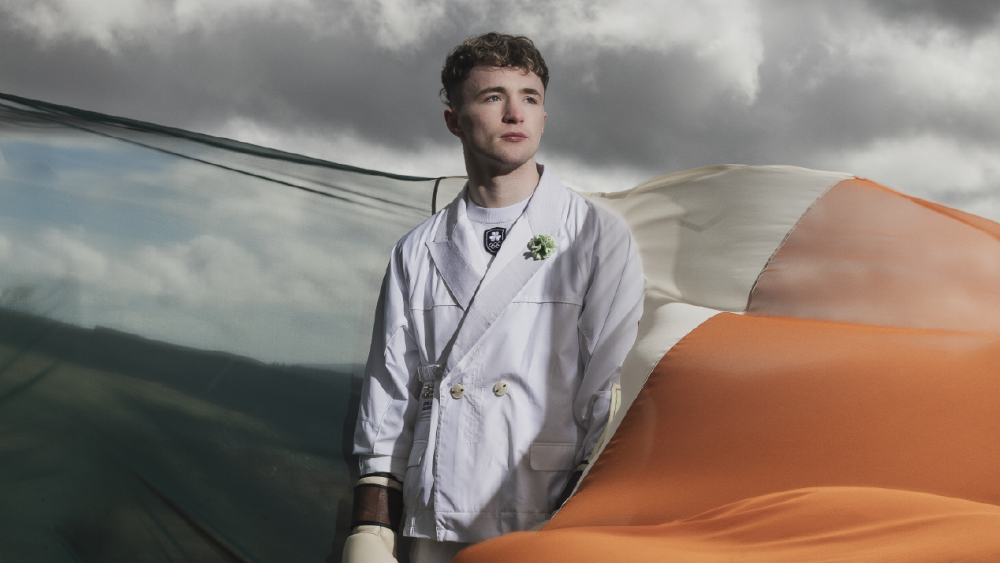When Kayla’s* partner of eight months sent her a “happy birthday” text, it didn’t take long for her to figure out that he had used AI to craft the message. “It was filled with words and expressions he doesn’t usually use,” she tells Popsugar.
She scanned the text message using ChatGPT, a chatbot developed by OpenAI, and the service confirmed that 100 percent of the text had been written by AI. “I didn’t even want to reply to him,” she says.
Though Kayla, 30, didn’t address the discovery with her partner at the time, she suspected it wasn’t the first time he had used AI to communicate with her. “One time, I had asked him to give me some space, and he sent me a very long, very well-written text,” she says. The text included a “wide vocabulary” outside of his normal vernacular, which is what ultimately tipped her off.
When they later discussed more of their communication problems over text, she asked him to respond without using ChatGPT. “I hope you can respond to this without using ChatGPT because I always know when you use it,” she said at the time. However, he never acknowledged it.
Kayla isn’t the only person in the world suddenly receiving surprisingly poetic paragraphs from their partners. According to Match’s recent Singles in America study, 26 percent of people are using AI in dating. On a more granular level, a different study published by Wingmate found that 38 percent of their participants use AI to “resolve conflicts or craft delicate responses in tense situations,” and 34 percent seek dating advice directly from AI.
Clearly, these numbers point to the growing trend that people aren’t clinging to their group chats anymore for dating advice. Instead, it’s all about their AI companions. But at what point does leaning on AI while dating, or in a relationship, feel disingenuous?
Experts Featured in This Article
Amanda Gesselman, PhD, is a psychologist, research scientist at The Kinsey Institute, and Match’s director of sex and relationship science.
How AI Is Impacting Your Relationships
AI tools have become increasingly more accessible, and it’s understandable that people are discovering new ways to use them as a resource. On dating apps, for example, many singles are using AI to come up with their dating app bios, Hinge prompt answers, and opening lines to matches. “Our data shows that people who use AI in this way often feel that online dating is easier, more efficient, and leads to better matches,” Amanda Gesselman, PhD, director of sex and relationship science at Match, says.
For example, Tiffany*, 32, tells PS she’s used AI to help craft messages “in a way that increases the chances of getting a response.” She’s also asked AI if something she’s written “comes across as desperate.”
But AI isn’t only popular for singles on dating apps: Like Kayla’s partner, many people in relationships are also relying on it. Riley*, 35, tells PS she mostly uses AI to work through arguments with her partner of two and a half years: “Typically, I’ll explain to ChatGPT what happened, and then talk about what feelings are coming up for me. From there, we’ll decode how I’m feeling and talk through each emotion.”
Riley adds, “After that, I usually ask ChatGPT to tell me what my boyfriend is likely experiencing from his perspective, and then we work together to come up with a response that honors my parts while still taking into consideration my boyfriend’s parts and his experience.”
Riley notes, however, that this pseudo-couples-therapy method isn’t always foolproof: “Sometimes I find that ChatGPT is a little too on my side, but on those occasions, I just ask that it respond in an unbiased way.”
When your partner starts questioning who they’re really texting, the damage might already be done.
Then, there’s Sarah*, 27, who used AI to craft a breakup text after deciding she didn’t want to continue seeing someone she’d been on five dates with. “I told AI why I did not want to be with the guy and to create a gentle but firm message that I did not want to see him anymore. I wanted it to be clear but kind,” she says. The result? “It was the most well-received breakup text I have experienced. AI kept it clear without over-explaining why I felt the need to end it.”
Clearly, many people are benefitting from using AI in the dating world – including both singles and those in relationships. But when AI is doing the texting for you, it can be hard to know whether you’re showing up as your real authentic self or just an emotionless computer version.
That was ultimately the issue for Kayla, as being on the receiving end of AI-generated messages led to her breakup with her partner. “When I was thinking about all the reasons why I was sure he was not the one for me, these messages came to mind,” she says. For her, it felt odd and careless. “I don’t think it’s OK to use it to interact with your partner.”
Dr. Gesselman agrees: “If people are using AI as a replacement for real dialogue or to avoid emotional discomfort, it might keep them from developing the skills they need to build strong relationships.” On the other hand, she adds, “If AI is helping people clarify thoughts or prepare for a tough conversation, that could be teaching them how to communicate with partners.”
Ultimately, tools like ChatGPT can be helpful when you’re overwhelmed, struggling to find the right words, or trying to start up a conversation on a dating app. Sometimes, you do need help softening a message or seeing things from another perspective, and AI may be able to offer that. But it’s one thing to use AI as a resource and another to let it completely overtake your voice – especially if your “happy birthday” text includes too much therapy speak or one too many em dashes. And when your partner starts questioning who they’re really texting, the damage might already be done.
*Names have been changed.
Taylor Andrews (she/her) is the balance editor at PS, specializing in topics relating to sex, relationships, dating, sexual health, mental health, travel, and more. With seven years of editorial experience, Taylor has a strong background in content creation and storytelling. Prior to joining PS in 2021, she worked at Cosmopolitan.




